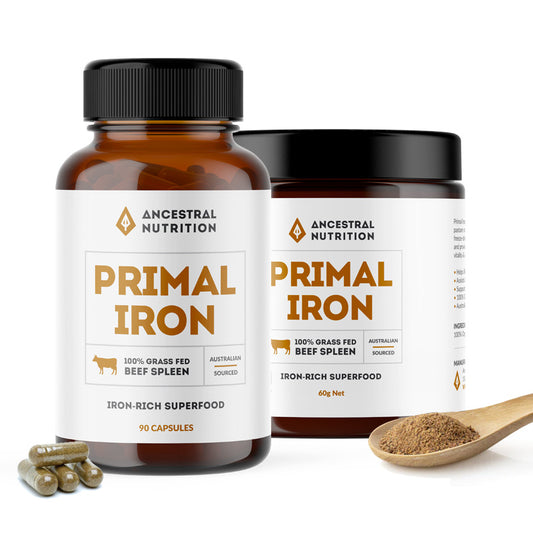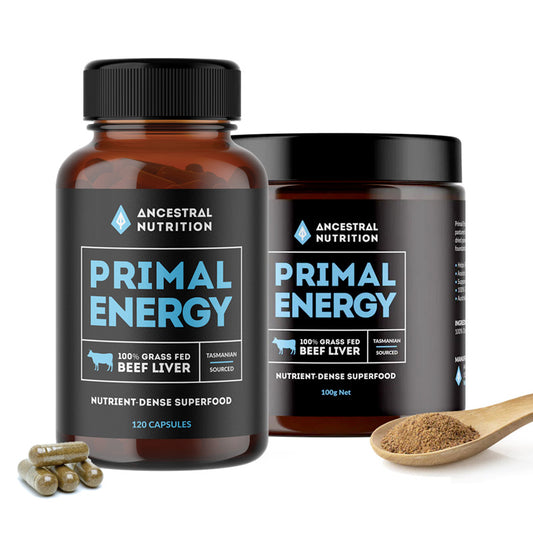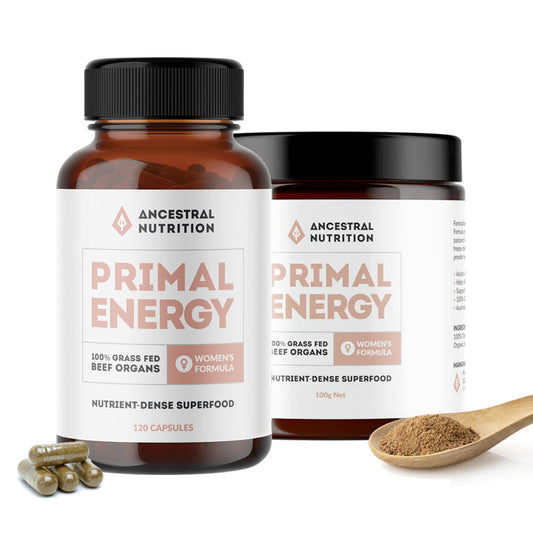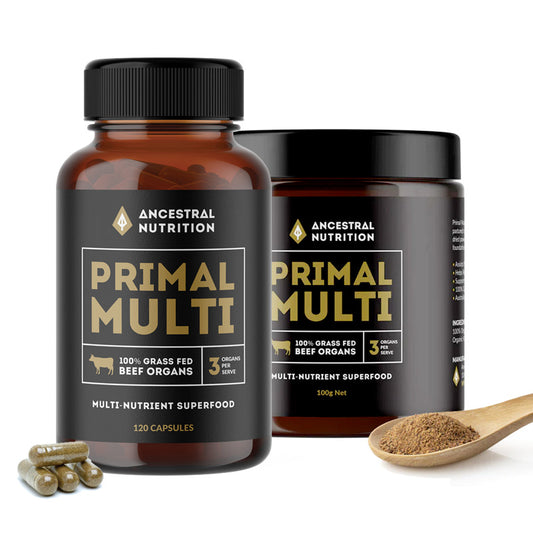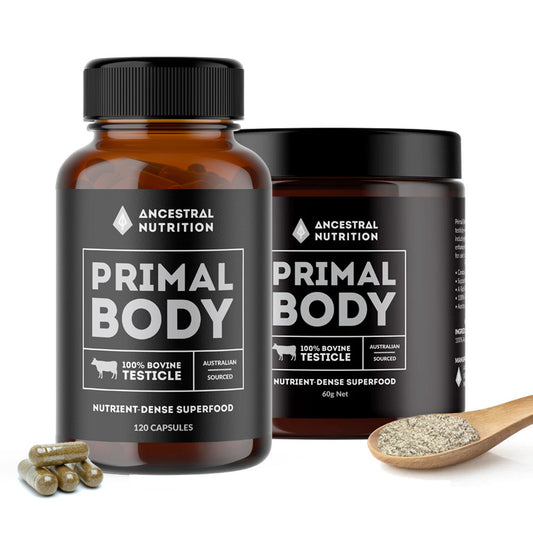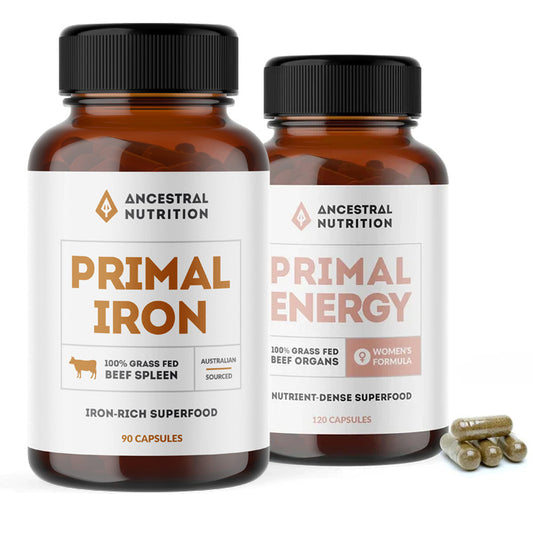Beyond the Low-Carb Hype: Finding a Carbohydrate Pattern That Works for You
article by Ancestral Nutrition

Low-carb diets have surged and waned in popularity since the early 2000s, often championed by celebrities and programs like Atkins and keto. But many people have been left with lingering confusion about whether carbohydrates are "bad." In reality, carbohydrates vary widely in quality, and they can form a valuable part of a healthy, balanced diet.
Are Carbohydrates Essential?
Unlike essential fats and amino acids, carbohydrates are not considered essential nutrients in a strict biological sense. Your body can generate glucose through a process called gluconeogenesis. However, this doesn't mean carbohydrates lack value. Nutrient-dense carbohydrate foods like vegetables, fruits, and legumes provide fibre, vitamins, minerals, and phytonutrients that support overall wellbeing.
Not All Carbs Are Created Equal
The term "carbs" encompasses everything from leafy greens to soft drinks. Whole, minimally processed carbohydrates such as sweet potatoes, berries, and broccoli have a low glycaemic impact and offer significant health benefits. In contrast, ultra-processed carbohydrates that are high in added sugars and low in fibre may contribute to energy crashes and poor dietary patterns when consumed in excess.
Understanding Insulin and Metabolism
Insulin plays a critical role in energy metabolism and is often misunderstood. When we eat carbohydrates, insulin helps shuttle glucose into cells for energy. This is a normal and healthy physiological process. Imbalances can occur with chronic excess energy intake and low physical activity, not simply from eating carbs alone.
Carbohydrate Needs Vary by Individual
Factors like activity level, age, metabolic flexibility, and overall health status all influence how the body responds to carbohydrates. Athletes, growing children, pregnant individuals, and people with higher energy demands may benefit from a higher carbohydrate intake. Others with metabolic concerns may find a lower-carbohydrate approach helpful.
Making Informed Carbohydrate Choices
Instead of focusing solely on quantity, consider the quality and timing of carbohydrates:
- Opt for whole food sources like vegetables, fruits, legumes, and whole grains.
- Minimise highly processed, sugary snacks that may cause blood sugar spikes.
- Balance meals with protein, fibre, and healthy fats to support steady energy levels.
A Balanced Approach
Demonising carbohydrates oversimplifies a complex nutritional landscape. The goal isn't to eliminate carbs but to choose types and amounts that work with your body. Tune into your energy, sleep, mood, and performance to guide your choices. There is no one-size-fits-all answer—personalisation and balance are key.
Disclaimer: This article is for general informational purposes only and is not intended as medical advice. Always consult a qualified healthcare professional before making significant changes to your diet, especially if you have a diagnosed health condition.

